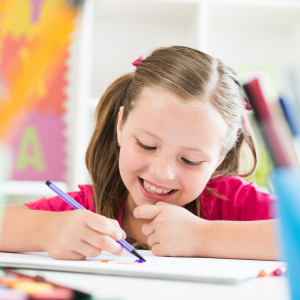Poor homework policies in state primaries come home to roost
 It infuriates children and often irritates parents. Many teachers can do without it and progressive educationalists want it abolished.
It infuriates children and often irritates parents. Many teachers can do without it and progressive educationalists want it abolished.
But homework for primary school children is important – and the pandemic has shown just why.
Before Covid came it was the case that most state primary children were not being taught to be independent learners.
Part of this was due to the lack of homework being set, and when it was it was often fairly banal.
When the pandemic came and the lockdowns were enforced, children were suddenly expected to be independent learners, and their parents were suddenly expected to be teachers.
Neither was prepared for their new roles.
While no one would expect mums and dads to be effective teachers, it should have been expected that primary school children could learn independently, and have the ability to complete tasks by themselves.
However, it has been the policy of many primary schools to set very minimal homework.
Indeed, there is no legal obligation for schools to set homework or for parents to ensure that it is completed.
It is up to the schools and individual teachers.
And even when it is set, homework often amounts to a few exercises on a worksheet handed out on Friday to be returned by Monday.
It requires hardly any engagement and little in the way of marking.
Projects have also been a favourite but this kind of homework, whilst having some value in teaching research skills, often lacks focus or particular learning objectives.
Over time it means that children have not put in the time to really learn on their own.
Those on the progressive wing of education have fostered this approach with the maxim that ‘children should be allowed to be children’ and therefore homework has a negative impact on them by putting them under unnecessary pressure.
I disagree.
For those of us on the more traditional wing, there is a belief that it is essential for children to acquire the necessary literacy and numeracy skills early in their educational career so that they can maximise their performance in the secondary sector.
Independent preparatory schools have generally been in a much better position to deal with the negative effects of the pandemic because their children were already used to doing homework in their ‘prep’ time or at home.
They were used to spending over an hour a night to complete work and had acquired independent learning skills.
The government should now take stock and realise that the homework policy of many primary schools has contributed to the damage we have seen.
There is now an opportunity to chart a new way forward.
Proper homework in primary schools is a way of maximising the time that children have to best effect.
It does not damage a child when we expect them to do homework; it is positive and constructive, adds to their development and turns them into independent learners before they enter secondary education where these skills are crucial.